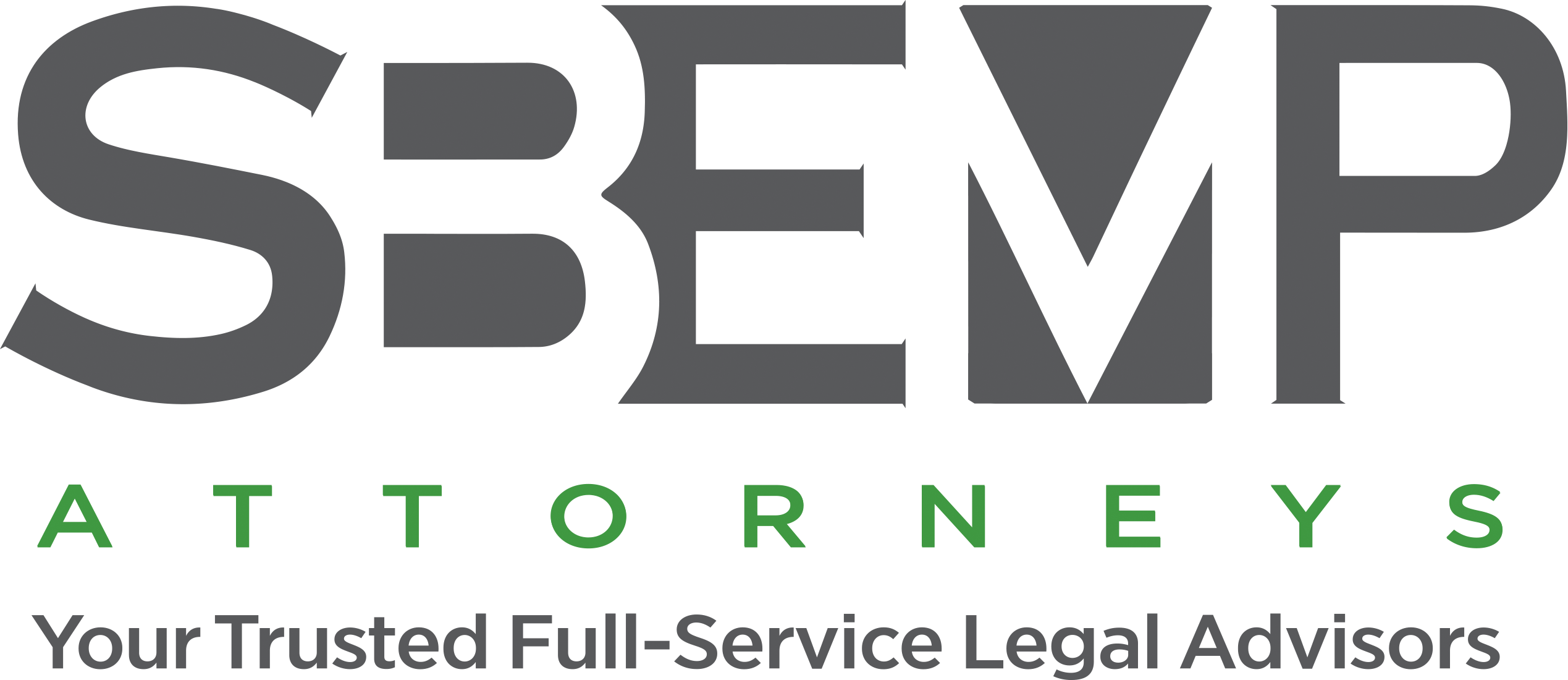Real estate finance transactions require the services of a legal professional. This is true whether the transaction is relative to development or investment. The lawyer is engaged in order that the deal is properly negotiated and that all relative documents are acquired, and, summarily, reviewed. The real estate legal professional is particularly important, to client needs, in that he provides reports to the lending institutions, and the borrower. The reports address information regarding the property’s title—which is in the process of being acquired.
The real estate legal professional may be instructed, by the funding organization, in a direct manner, to prepare the Standard documents. The documents are comprised of the facility agreement, legal charge paperwork, guarantees, and other security-related documents.
Understanding Real Estate Finance
As it applies to matters on a broad basis, with regard to finance and banking, the term of real estate finance is relative to many varied transaction-type categories—wherein, the lending house or individual lender provides a loan to a borrower. The following provides further detail with regard to situations wherein the term real estate finance is used:
1–Buying commercial property with respect to its occupation—on a direct or indirect basis;
2—Generating funds for investment purposes with respect to the business enterprise. In example, the expansion of business or provision for pensions is relative. The creation of a fundable rental income stream account may become necessary. Too, he or she may generate funds by way of sales or leaseback arrangements. Such arrangements are pertinent to the operational portion of the business and the property holding a portion of the business
. 3—Purchase of a property or properties on an indirect basis or direct basis—for reasons of investments.
4—With respect to the development of several properties or a singular property: It is worth noting: that when the real property is the primary asset and is owned by the borrower, the lending institution will wish to assure the value of that property is reasonably maintained; and from an idyllic stand-point, increases in overall value—over the life of the agreement. The lender, too, will want to make certain that any income generated by the property is adequate enough—in order to properly repay the loan. Consequently, the lending institution will administrate due diligence relative to the property—prior to its taking over security of it. The lender, too, probably will wish to take into consideration certain environmental issues. The property, within the preceding scenario, is almost always secured by way of a first legal charge.
The lender may approach providing the borrower with funds by lending against the cash flow produced from the real property’s rental income. The preceding lending activity is one of the most common ways, the lending institution makes certain that the loan is properly secured; and a significant feature when it comes to real estate finance. Additionally, the Loan-to-Value ratio is taken into consideration. The preceding consideration is essential when reviewing such elements as liquidity and the borrower’s overall ability to pay back the loan, by way of refinancing or the sale of the real property.
Investment and Development Finance Transactions:
When it comes to real estate finance arrangements, such transactions are either considered development finance transactions; or investment finance transactions. The type of transaction is solely based on whether the property is being bought for investment purposes or is being bought for purposes of development.
The lending institution is significantly interested in the cash flows, which are generated by way of rental income, and whether or not the cash flow is enough to service the loan—that is, when he is considering an investment finance arrangement.
The loan-to-value ratio is also significant, relative to liquidity and the borrower’s overall capacity to pay back the loan by way of sale or refinancing.
Suffice it to say: the borrowed funds are usually secured by way of the income stream generated in the form of a fixed charge.
When real estate questions are on your mind, you are encouraged to acquire the advice and review of our Coachella Valley real estate law firm. The real estate transaction is full of a great deal of complexity, and with so much in funds, at stake, it is not wise to go it alone. The service of an established real estate professional will assure peace of mind.


